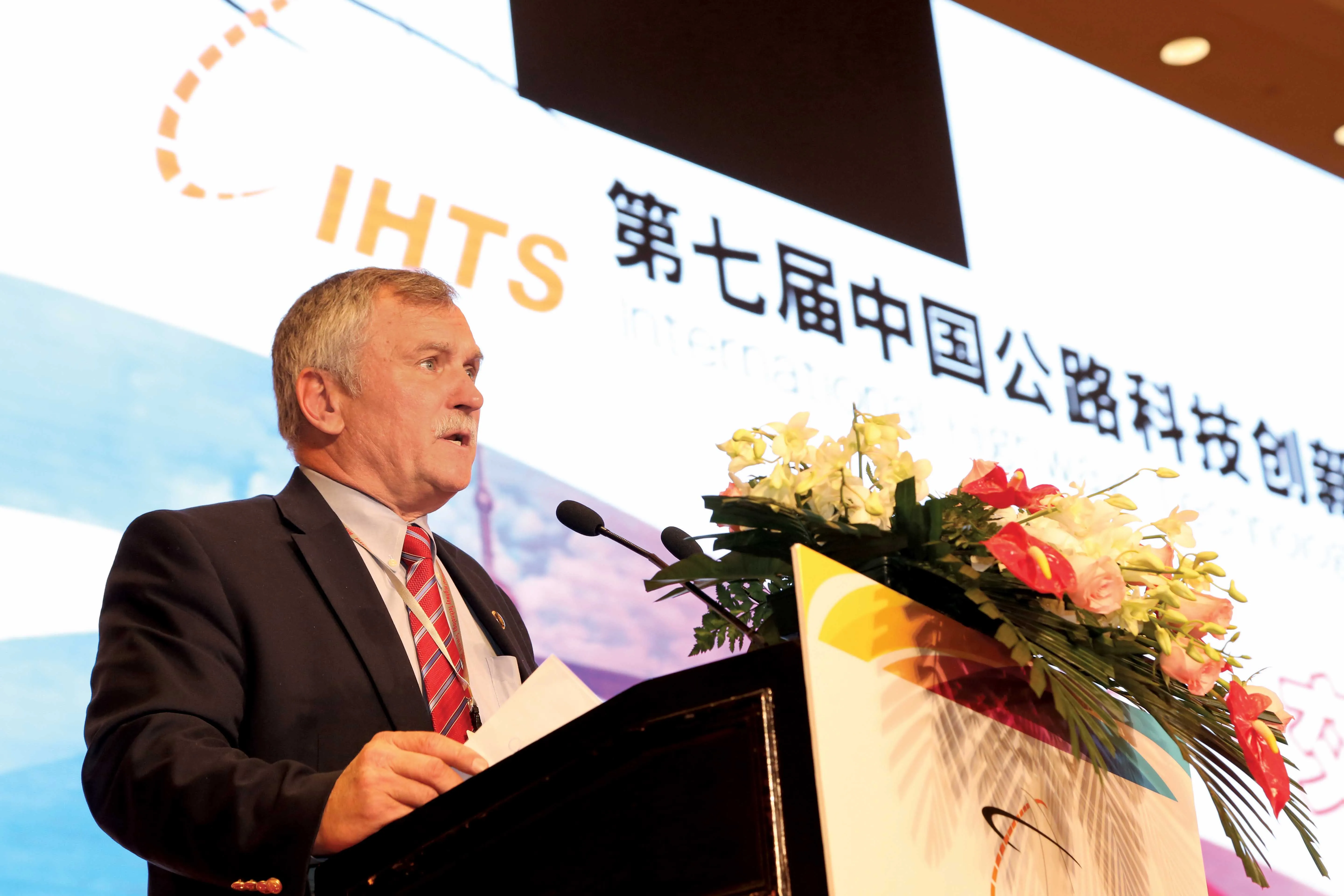Internationally renowned academic José Viegas of Portugal has begun work as the new chief executive of International Transport Forum (ITF), the global transport policy body. The ITF is an intergovernmental organisation with 54 member countries that acts as a strategic think tank for global transport policy and organises an annual summit of transport ministers.
August 20, 2012
Read time: 2 mins
Internationally renowned academic José Viegas of Portugal has begun work as the new chief executive of 1102 International Transport Forum (ITF), the global transport policy body.
The ITF is an intergovernmental organisation with 54 member countries that acts as a strategic think tank for global transport policy and organises an annual summit of transport ministers. The Forum is housed by the3685 Organisation for Economic Co-operation and Development (OECD) in Paris.
Viegas, who was elected by ministers of Forum member countries at their summit in May 2012, joins the ITF from a globally recognised career as an academic and consultant. Previously a professor of civil engineering at the University of Lisbon (Portugal) and chairman of6408 TIS.pt, a transport consultancy firm, Viegas has worked in all transport modes and managed collaborative networks across countries and economic sectors to advance better solutions in transport.
After starting his new role, Viegas said: “There are new and significant challenges for all transport modes across the world.
“The knowledge production at the Forum and the policy discussions among Ministers are very much relevant to address these challenges.
“The International Transport Forum faces great opportunities for a strategic reorientation, based on its existing strengths and its expanding membership, to further strengthen its role as the foremost platform for a global dialogue on transport policy.
“I will work hard to provide engaging and successful leadership in these processes."
The ITF is an intergovernmental organisation with 54 member countries that acts as a strategic think tank for global transport policy and organises an annual summit of transport ministers. The Forum is housed by the
Viegas, who was elected by ministers of Forum member countries at their summit in May 2012, joins the ITF from a globally recognised career as an academic and consultant. Previously a professor of civil engineering at the University of Lisbon (Portugal) and chairman of
After starting his new role, Viegas said: “There are new and significant challenges for all transport modes across the world.
“The knowledge production at the Forum and the policy discussions among Ministers are very much relevant to address these challenges.
“The International Transport Forum faces great opportunities for a strategic reorientation, based on its existing strengths and its expanding membership, to further strengthen its role as the foremost platform for a global dialogue on transport policy.
“I will work hard to provide engaging and successful leadership in these processes."







